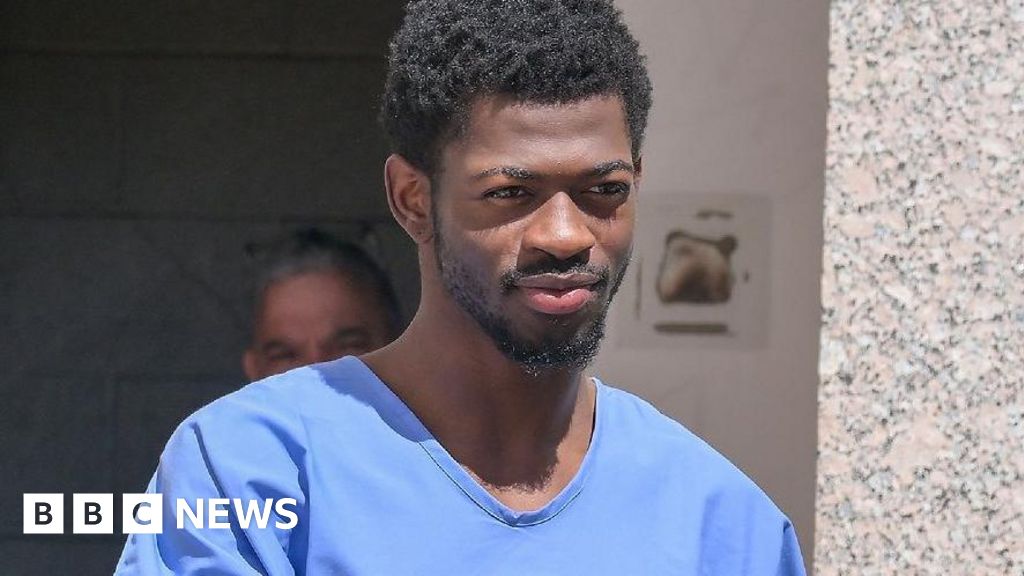As I arrived at the hospital, the stench of death was overpowering. In the carpark, the bodies of numerous victims lay bundled in white plastic bags, some exposed to the harsh conditions and showing signs of mutilation. Doctor Wissam Massoud, a neurosurgeon at the hospital, described the scene as a massacre, alleging that government soldiers entered the premises under false pretenses of restoring peace but instead killed numerous patients regardless of their age or condition.
According to Dr. Massoud, shocking video evidence captured immediately after the raid depicts the grim reality within the hospital, showing deceased patients wrapped in bloodied sheets spread across the wards. Local volunteer Kiness Abu Motab attributed the killings to the victims’ minority status, expressing disbelief that such acts could occur in a country that claims to uphold democratic principles. An English teacher named Osama Malak recounted the horror of an eight-year-old disabled boy shot in his bed, emphasizing the violation of international law that protects medical facilities.
While conflicting parties have exchanged allegations of atrocities, there remains a lack of clear evidence regarding the actual events at the hospital. Some sources estimate the death toll to exceed 300, although these figures remain unverified due to restricted access to Suweida. The Syrian Defence Ministry has acknowledged reports of severe violations by individuals in military attire, while Minister Raed Saleh promised a thorough investigation into the atrocities committed by all factions involved.
Entrance into Suweida city is heavily guarded, making firsthand accounts challenging to obtain. The area has experienced significant unrest, with evidence of battles evident from damaged properties and dilapidated vehicles. The city, which is home to over 70,000 individuals, still remains predominantly under Druze control, even as government forces have reclaimed multiple villages in the surrounding province.
Before departing, I encountered eight-year-old Hala al-Khatib, who suffered severe injuries, including the loss of an eye after being shot while hiding during the violence. Tragically, she remains unaware that her parents have been killed.
In summary, Suweida's National Hospital has become a chilling symbol of the brutality faced by minority groups in the ongoing Syrian conflict, as reports of mass casualties at the hands of government forces continue to surface, highlighting the dire humanitarian crisis unfolding.
According to Dr. Massoud, shocking video evidence captured immediately after the raid depicts the grim reality within the hospital, showing deceased patients wrapped in bloodied sheets spread across the wards. Local volunteer Kiness Abu Motab attributed the killings to the victims’ minority status, expressing disbelief that such acts could occur in a country that claims to uphold democratic principles. An English teacher named Osama Malak recounted the horror of an eight-year-old disabled boy shot in his bed, emphasizing the violation of international law that protects medical facilities.
While conflicting parties have exchanged allegations of atrocities, there remains a lack of clear evidence regarding the actual events at the hospital. Some sources estimate the death toll to exceed 300, although these figures remain unverified due to restricted access to Suweida. The Syrian Defence Ministry has acknowledged reports of severe violations by individuals in military attire, while Minister Raed Saleh promised a thorough investigation into the atrocities committed by all factions involved.
Entrance into Suweida city is heavily guarded, making firsthand accounts challenging to obtain. The area has experienced significant unrest, with evidence of battles evident from damaged properties and dilapidated vehicles. The city, which is home to over 70,000 individuals, still remains predominantly under Druze control, even as government forces have reclaimed multiple villages in the surrounding province.
Before departing, I encountered eight-year-old Hala al-Khatib, who suffered severe injuries, including the loss of an eye after being shot while hiding during the violence. Tragically, she remains unaware that her parents have been killed.
In summary, Suweida's National Hospital has become a chilling symbol of the brutality faced by minority groups in the ongoing Syrian conflict, as reports of mass casualties at the hands of government forces continue to surface, highlighting the dire humanitarian crisis unfolding.



















